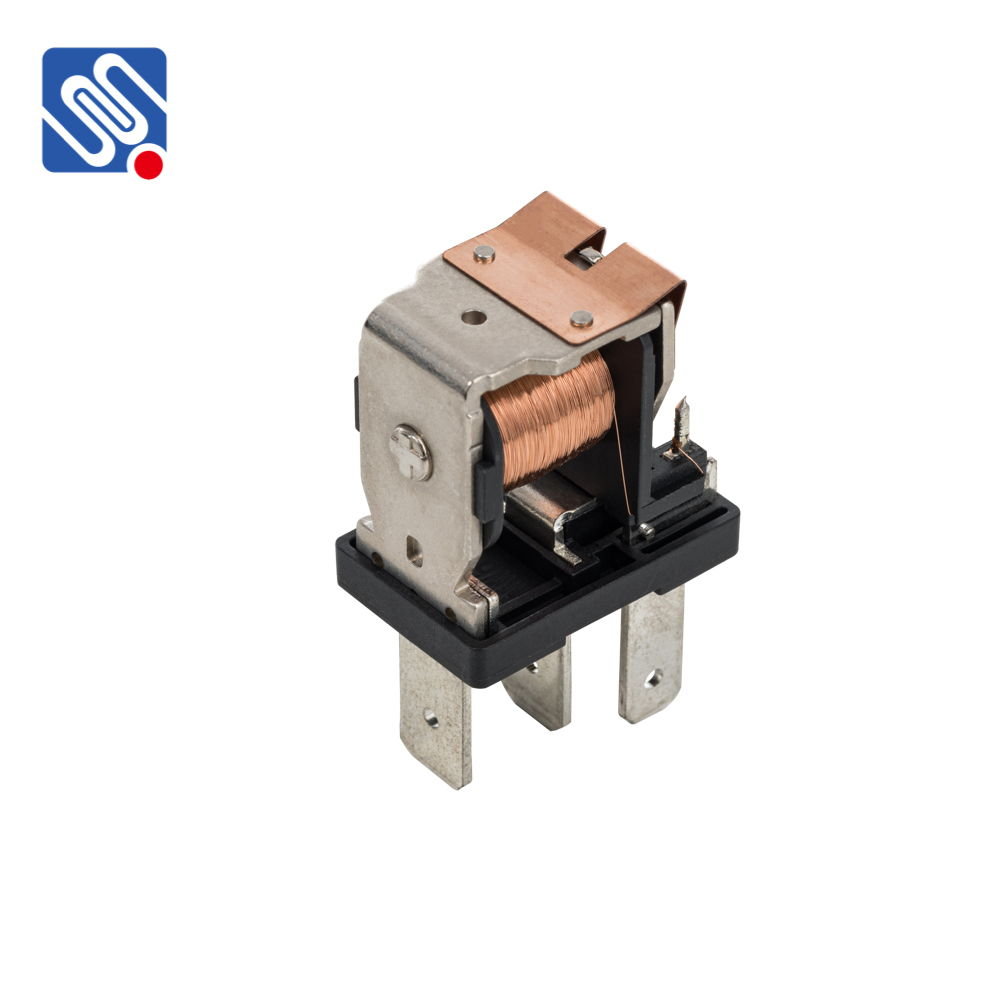relay materials: key components in modern electronics and communication technologies
Release time:2025-09-21 01:29:19
Relay materials are a class of substances that play an essential role in the transmission, conversion, or amplification of signals and energy across a wide range of applications, from electronics and optics to energy systems and chemical sensors. These materials are specifically designed to transfer or modulate signals or energy between different components of a system. In this article, we will explore the significance and applications of relay materials, as well as their vital contribution to modern technological advancements.

The Role of Relay Materials in Electronics In the field of electronics, relay materials are crucial for ensuring that electrical signals can be transferred efficiently between different circuit components. These materials often exhibit specific properties such as high conductivity, low resistance, or the ability to respond to external stimuli. For instance, materials used in relays—electromechanical switches that control the flow of electricity—are typically selected for their conductivity, mechanical strength, and stability. Relay materials in this context often include metals like silver, copper, or gold, which provide reliable electrical conductivity.

